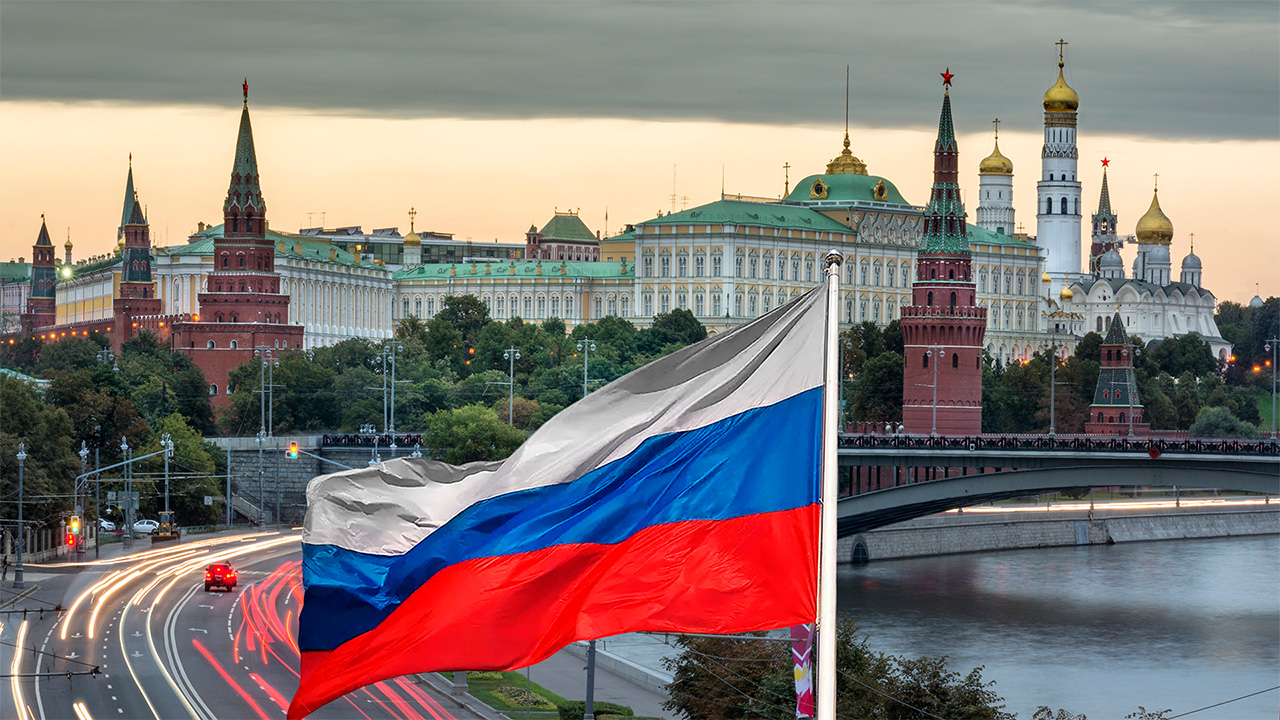Russia disrupts internet connection across several regions – is there more to come?
The blackouts came as the country trials its "sovereign internet" infrastructure and VPNs didn't appear to help

Russia has disrupted the internet in several regions of the country, in an apparent trial of its so-called "sovereign internet" infrastructure.
It was reported that internet access was restricted, even when using a VPN. However, it is unclear if, or how, the best VPNs were affected.
According to the US non-profit Institute for the Study of War (ISW), affected areas included Dagestan, Chechnya, and Ingushetia. These are all areas with majority Muslim populations and have histories of instability.
People in Dagestan were unable to access foreign websites and applications, as well as experiencing issues accessing WhatsApp and Telegram.
There were also reports of users in the Chechen and Ingushetian republics experiencing issues accessing foreign, and some domestic websites, as well as online services including YouTube, Google, and Russian internet giant Yandex. These were all inaccessible, even when using a VPN.
The internet watchdog NetBlocks highlighted the disruption and restoration of connectivity in Dagestan, with the incident lasting approximately 24 hours.
ℹ️ Note: Metrics show the disruption and restoration of connectivity in Dagestan, #Russia, following what telecoms regulator Roskomnadzor has described as a trial of its capacity to disable access to the foreign internet in a specific region; incident duration ~24 hours pic.twitter.com/7iYtDcVtSGDecember 7, 2024
Russia's internet and media regulator Roskomnadzor confirmed it conducted a test from 6-7 December in the Republic of Dagestan, revoking residents' access to foreign websites and applications.
The regulator stated the test was to ensure that "key replacement infrastructure" could function if Russia was deliberately disconnected from the global internet.
However, many have claimed that this is the latest step in Russia's attempt to cut itself off from the global internet, and create its own "sovereign internet." According to Russian Forbes, the Kremlin has invested approximately 59 billion rubles ($648 million) into developing technical infrastructure capable of restricting internet traffic.
It has also attempted to drive Russians away from Western social media platforms and towards domestic platforms that can be more easily controlled.
Why target Telegram and WhatsApp?
Telegram and WhatsApp are both examples of encrypted messaging services, and are a popular choice for those who require more online privacy. Given the areas Russia targeted have a history of unrest, it is no surprise these apps were restricted. It appears to be an attempt to suppress any further protests against the Kremlin.
This is not the first example of apps like this being restricted. Back in November, Pakistan's government appeared to restrict WhatsApp ahead of planned protests by opposition parties. Users reported difficulties sending and receiving messages and voice notes, as disruption lasted a few days.
This was the latest event that followed a number of previous moves by the Pakistani government to restrict internet freedoms. Bluesky joined X in becoming a banned social media, and there was an attempt to restrict VPN usage – although the government later u-turned on this.
What does this mean for Russians?
With this latest development, Russia continues to isolate itself and its citizens from the rest of the world.
Russia has banned nearly 200 VPNs, and in July 2024 Apple removed some popular VPNs from the App Store on behalf of Russian authorities. In August, YouTube was banned in the country, and is now only accessible via a VPN. Thanks to restrictions, it was the last remaining Western social media platform available to Russians. However, many Western tech giants, including Apple, Microsoft, and Google, have voluntarily suspended or restricted services in Russia due to the ongoing war with Ukraine.
For now, Russians can access the internet without any restrictions by using one of the best Russia VPNs. VyprVPN is currently our top choice, with its Chameleon protocol helping you evade deep packet inspection and navigate censorship firewalls. It currently has over 700 servers worldwide, including ones in Russia.
Despite this, the future of internet usage in Russia remains unclear and the risks of further restrictions remain very real.

George is a Staff Writer at Tom's Guide, covering VPN, privacy, and cybersecurity news. He is especially interested in digital rights and censorship, and its interplay with politics. Outside of work, George is passionate about music, Star Wars, and Karate.
